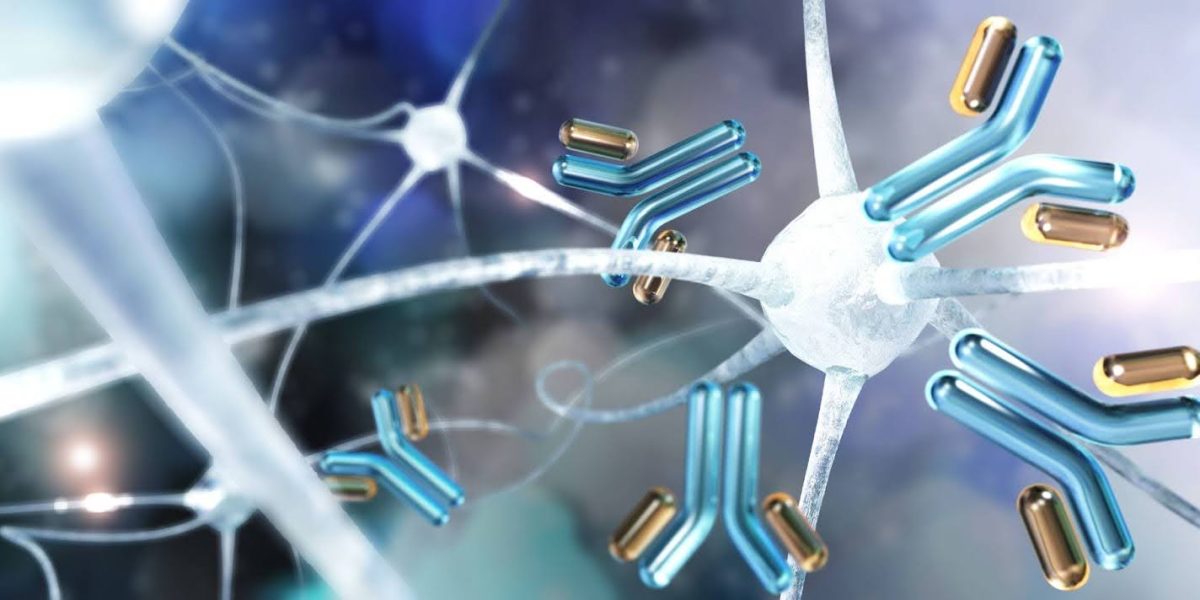A Scientist’s Guide to Immunogenicity Testing in Biologics
- No Comments
In the development of biologic drugs—from monoclonal antibodies to gene therapies—few challenges are as critical and complex as understanding immunogenicity. The potential for a therapeutic to elicit an unwanted immune response in patients can profoundly impact its safety and efficacy. For drug developers, a robust immunogenicity testing strategy is not just a regulatory requirement; it’s a cornerstone of a successful clinical program.
This guide provides a high-level overview for fellow scientists on the key components of an effective immunogenicity assessment, from foundational assays to the selection of a capable laboratory partner.
What is Immunogenicity and Why Does It Matter?
Immunogenicity is the propensity of a biologic drug to trigger an immune response in the body. This response often leads to the production of anti-drug antibodies (ADAs). The consequences of ADA development can range from clinically insignificant to severe, potentially:
- Reducing Efficacy: ADAs can bind to the drug, increasing its clearance from the body or blocking its ability to engage with its target, thereby reducing or neutralizing its therapeutic effect.
- Altering Pharmacokinetics (PK): The presence of ADAs can significantly change the drug’s concentration profile over time.
- Causing Adverse Safety Events: In some cases, ADAs can lead to hypersensitivity reactions or cross-react with endogenous proteins, causing serious safety concerns.
Because of these risks, regulatory bodies like the FDA and EMA mandate a thorough evaluation of immunogenicity for all biologic therapeutics.
The Multi-Tiered Approach to ADA Testing
A comprehensive immunogenicity assessment is not a single test but a multi-tiered testing strategy designed to systematically detect, confirm, and characterize anti-drug antibodies.
- Screening Assays
The first step is a highly sensitive screening assay designed to detect all potential ADA-positive samples. The goal here is to minimize false negatives, even at the cost of some false positives. Common platforms for this stage include ELISA and Meso Scale Discovery (MSD).
- Confirmatory Assays
Samples that screen positive are then subjected to a confirmatory assay. This test confirms that the reactivity observed in the screening assay is specific to the drug. A common method is a competition assay, where an excess of the drug is added to the sample; a significant reduction in the signal confirms the presence of specific ADAs.
- Titering Assays
Once a sample is confirmed positive, a titering assay quantifies the magnitude of the immune response by measuring the relative concentration of ADAs in the sample. This data helps in understanding the strength and persistence of the immune response over time.
The Critical Question: Neutralizing Antibody (nAb) Assays
Perhaps the most important part of characterization is determining if the ADAs are neutralizing. A neutralizing antibody (nAb) is an antibody that directly blocks the biological activity of the drug. A positive nAb result is a significant concern as it directly correlates with a potential loss of efficacy.
There are two main types of neutralizing antibody assays:
- Cell-Based Assays: These are considered the gold standard as they measure the drug’s activity in a biologically relevant system that mimics its mechanism of action in the body. They are complex but provide the most definitive data.
- Competitive Ligand-Binding Assays: These non-cell-based assays measure the ability of ADAs to block the drug from binding to its target ligand. They are often higher throughput but may not fully reflect the biological activity in vivo.
Linking Immunogenicity to Drug Exposure: Pharmacokinetic (PK) Analysis
Pharmacokinetic (PK) testing is a critical companion to ADA and nAb assays in understanding the complete immunogenicity profile of a biologic. While ADA and nAb testing identify the immune response, PK assays quantify how that immune response translates into changes in drug exposure, distribution, and clearance.
From an immunologist’s perspective, PK data provide the bridge between immunogenicity and clinical relevance. The development of ADAs can accelerate drug clearance, reduce systemic exposure, or alter biodistribution—all of which can compromise therapeutic efficacy or safety margins.
Key Aspects of PK Assay Development and Validation
- Assay Platforms: PK assays typically employ ligand-binding assay formats such as ELISA or MSD, or in some cases, LC-MS/MS for small biologics and peptides.
- Assay Specificity: The assay must discriminate between free, bound, and total drug concentrations, particularly when ADAs are present.
- Sensitivity and Dynamic Range: Accurate quantitation across a wide concentration range ensures reliable profiling across all dosing intervals.
- Bridging with ADA/nAb Results: Correlating PK data with ADA/nAb positivity helps determine whether observed changes in drug exposure are immune-mediated.
Why PK Data Matter
By overlaying PK and immunogenicity results, scientists can:
- Identify subjects with altered drug exposure due to ADA formation.
- Characterize the time course of immunogenicity-related clearance.
- Inform dose adjustment strategies and risk mitigation plans in clinical development.
At Accelevir, our integrated PK, ADA, and nAb testing workflows are designed to provide a holistic view of your biologic’s immunogenicity and pharmacological behavior—ensuring that every variable impacting patient response is understood.
Choosing the Right CRO Partner for Immunogenicity Testing
The complexity and regulatory scrutiny surrounding immunogenicity demand a partner with deep expertise. When evaluating a CRO for your anti-drug antibody (ADA) testing, consider their experience with a wide range of assay platforms, their ability to develop and validate custom assays for novel therapeutics, and their deep understanding of global regulatory guidelines.
A truly strategic partner doesn’t just provide data—they provide scientific and regulatory insight to interpret that data and make critical decisions for your program.
Ready to de-risk your biologic and build a robust immunogenicity testing strategy? Start your project with Accelevir’s immunogenicity experts today.


